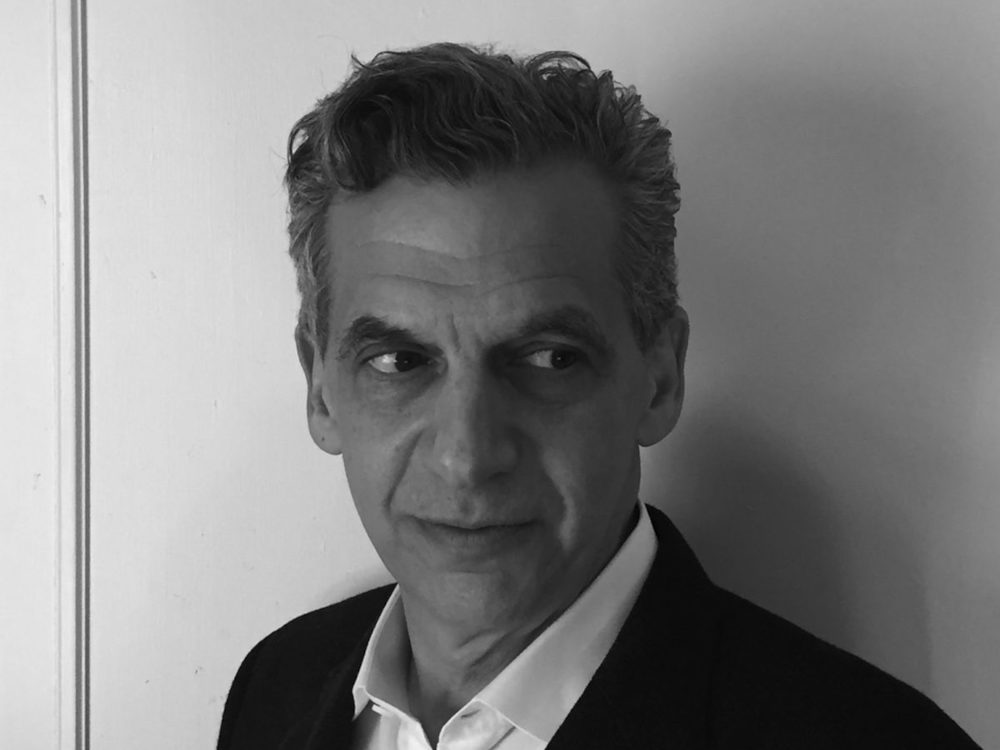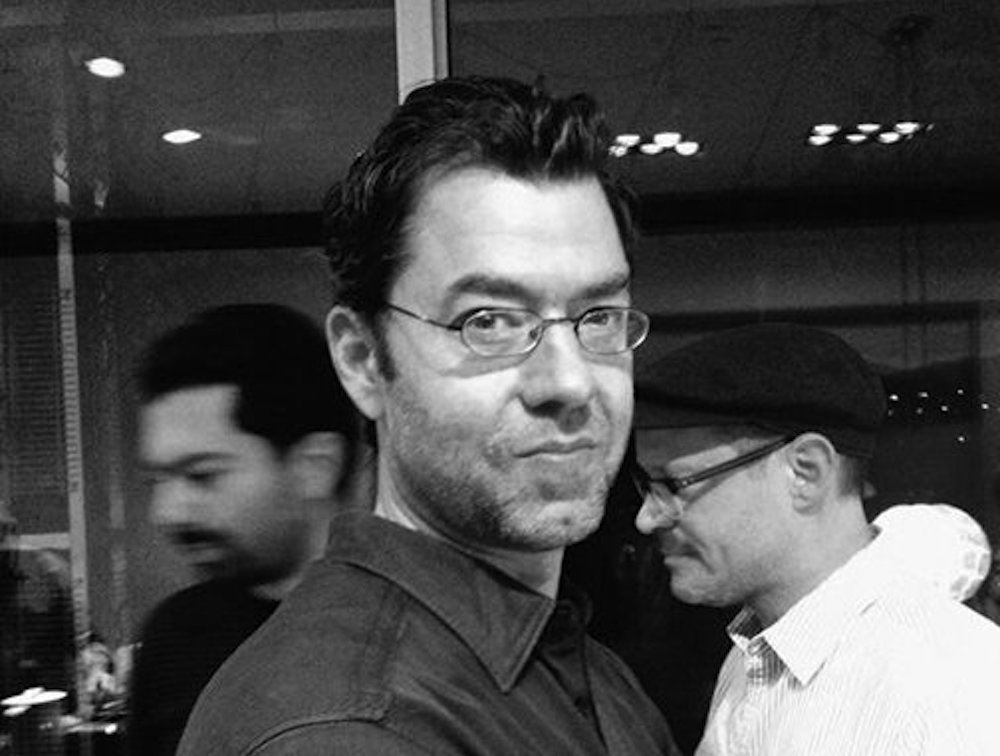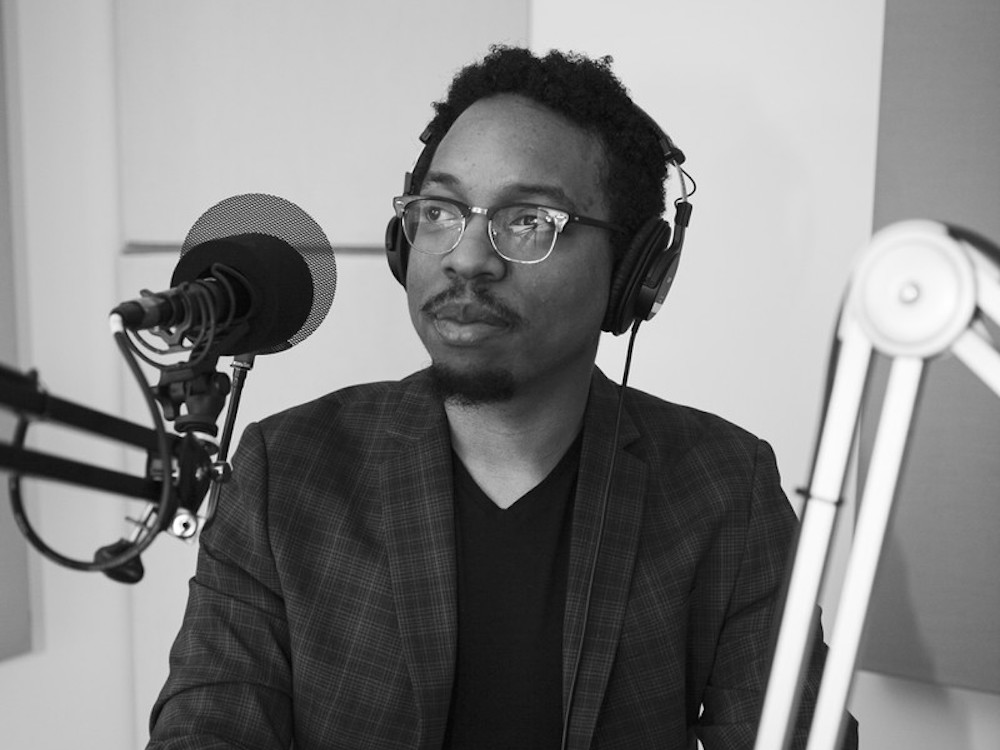Cooped up at home, many of us are now being kept company by our stuff, that antifunctional classification of belongings that rarely move from their spots on side tables and shelves, displaying little immediate value to anyone but their owners. The stories of how these things came to be, or how they came to be possessed by us, measure their worth, and those with a special sensitivity to that worth become collectors. Two writers have recently captured the singular vocational pull of the collector, and in doing so, they show us the whimsical and strange roots that run deep beneath stuff. Michael Rips’s memoir The Golden Flea chronicles both the author’s lifelong pursuit of oddities and the disappearance of New York’s flea subculture into the anecdotal past (the Chelsea flea market on Twenty-Fifth Street, the last bastion of the once-glorious economy described in The Golden Flea, closed this year). Allan Gurganus’s recent story in The New Yorker, “The Wish for a Good Young Country Doctor,” is a nested narrative, a story of an old portrait as told by a junk-shop owner to a graduate student whose academic specialty is collecting. The narratives of the painting’s subject and the student’s bid to possess the painting unspool alongside each another. As the modern person’s general interest in stuff wanes, both Rips and Gurganus are invaluable shopkeepers, telling us the story of something old in hopes we may pick it up and take it home. —Lauren Kane
If the month of May has brought one good thing, it’s a new season of At Home with Amy Sedaris. Sedaris’s idiosyncratic caricature of a homemaker’s talk show is, if anything, hard to describe. It’s like an early-aughts Food Network series injected with a heavy dose of slapstick. Each episode has a theme, such as dinner guests, holidays, or book club meetings. The theme of this week’s episode—a bit more preposterous—is childbearing. The fictional local actor Russell Schnabble (John Early) turns a craft room into a nursery, and Amy makes a haphazard mobile with rusty nails collected from the yard. But when Amy tries on maternity clothes with a fake belly, things start to go awry. I won’t give away much more, but I will say it involves a hysterical pregnancy. Despite the frequent gags and overall uncanniness, Sedaris’s show has its basis in reality. It’s set in the imagined “Research Triangle” area, a tight-knit Southern community not unlike the North Carolina suburb where the Sedaris children grew up. A regular cast of neighbors visits Amy as if she were Mr. Rogers, my favorite being Chassie Tucker, played by the incomparable Cole Escola. He is a stand-out comedian in his own right and a delight to see grace the screen. At Home with Amy Sedaris has always permitted me to embrace my homebody sensibilities. But now, in confinement, Amy’s absurdist take on domestic life feels even more relatable. —Elinor Hitt
I’ve been finding it difficult to focus on novels lately, but Brad Fox’s To Remain Nameless is a happy exception—a perfect quarantine read in many ways, though it’s more than that. Tess—a veteran humanitarian aid worker from Kansas with skinny limbs, a rough childhood, and, one imagines, a thousand-yard stare—spends a night in a New York hospital room with her old buddy Laura, a fellow humanitarian who has left the field and is having a baby. Tess fetches ice and presses Laura’s hips while Laura screams; in between, Tess recalls the years they worked together in the Balkans, Cairo, and Istanbul. As Tess drifts from country to country, past to present, expatriate scene to expatriate scene, the language is terse yet urgent, with bright glimmers of beauty. It’s the language of crisis, tuned to the story it tells: After years of wandering the world and considering it home, after dedicating her life to a field centered on helping humans for humans’ sake while witnessing the world grow ever more violent, Tess in the maternity ward suspects that humans are the problem. “We should all drop dead,” she thinks, rubbing her pregnant friend’s back. “It would be the best thing that could happen.” No! But the sentiment isn’t totally unfamiliar to those of us who have grown up watching humans destroy each other and our coearthlings, the mishandling of COVID-19 just the latest manifestation of an omnipresent horror. Wading through the years with Tess, searching alongside her for a sense of worth and purpose amid memories of different gigs, parties, languages, apartments, and friendships, is just the sort of literary companionship I want these days. Along with my novel-concentration issue, I have trouble focusing on video calls, but I’m looking forward to Fox’s conversation with Wayne Koestenbaum in a McNally Jackson Zoom room on Monday. —Jane Breakell
Many of the poems found in Whale and Vapor—a new collection by the Korean poet Kim Kyung Ju, translated by Jake Levine and published by Black Ocean—deal with the eternal themes of either love or poetry itself. “Among my thousands of names / my saddest name / is you,” goes the first stanza of “Let Me In”; “Poet Blood” declares that “the poet’s role is to play breath.” Sometimes the subject matters are even combined, like in “Contemporary Literature,” which begins, “I try to think about my love’s reaction and / the side effect you have of disappearing.” In their thematic repetition, these poems remind me of watercolor paintings, thin washes of color that, when layered, turn opaque. A painter even figures in one of the poems, “Cave Story,” which asks how exactly one can convey the artist’s vision in a work of art. I don’t know the answer to that, but in Whale and Vapor, Kim successfully creates a world of lyric intimacy. —Rhian Sasseen
The Atlantic released Floodlines, an eight-episode podcast, this March. That was two months ago—fifteen years after its ostensible subject, Hurricane Katrina, and amid a particularly strange moment in our current crisis, before the worst of things happened but still too late. But the show turned out to be strangely well timed. For one thing, it provided an escape valve that I desperately needed from reading and hearing and thinking and worrying constantly about the coronavirus. For another, and more important, Floodlines is a blunt reminder that the term natural disaster is a particularly disingenuous gloss. These things—hurricanes, earthquakes, droughts, pandemics—are certainly at some level random, but not much about them is. Who is prepared and who is vulnerable, who is protected and who is abandoned, who receives help and who does not, who suffers, who lives, who dies: much of that is set beforehand. In this country in particular, those fault lines are increasingly plain to see; equally plain to see are the odds that whatever lessons we should learn from this pandemic will be as lost as those we have already had so many terrible opportunities to learn. —Hasan Altaf
from The Paris Review https://ift.tt/2LO79Sv



Comments
Post a Comment